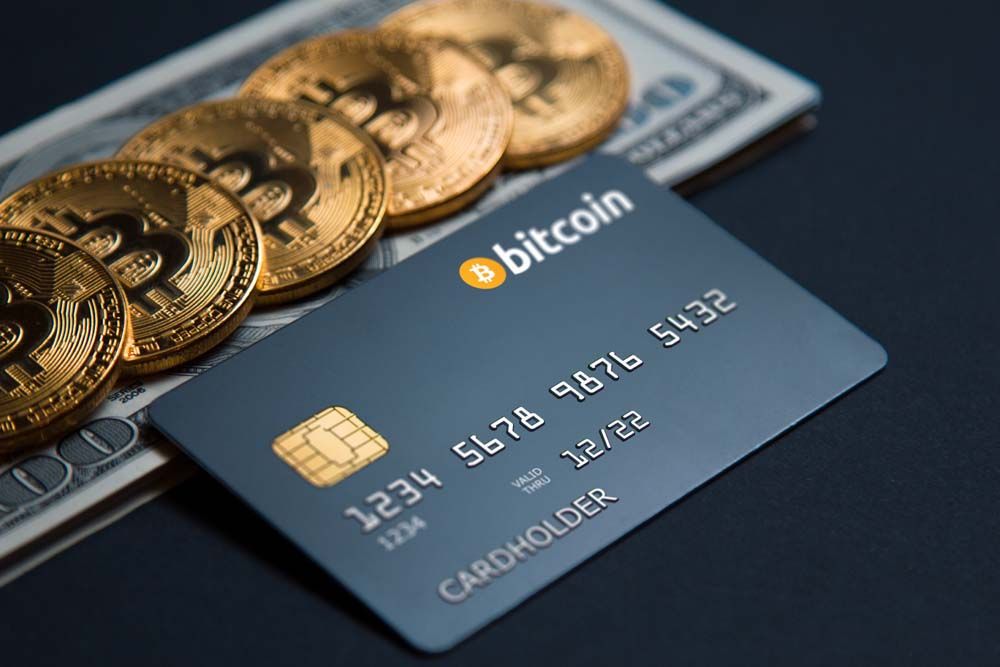Crypto-Cards 2021: Bitpay Vs. Wirex Vs. CryptoPay Vs. TTM Bank

In 2020, the consumer has spoken and business has recognized the need to step up the game. In July, giant payment networks started to accept the need for a bridge between cryptocurrency and the traditional financial world. VISA pledged to advance their approach to digital currencies, while Mastercard expanded the cryptocurrency program.
But this happened not at the scale that the cryptocurrency community recognizes. As of the beginning of 2021, a consumer still struggles to pay with cryptocurrencies for the most basic things like coffee.
One solution to charge up the cryptocurrency adoption is the crypto debit card. In 2016 was issued the first debit card that was just like the traditional card but was charged up with Bitcoins. Previously, a cryptocurrency holder had two ways: either wait for the business to set up the crypto payment gateway or convert crypto on exchanges to fiat prior to purchase. Now they can just get their card and that is it.
But while the growth of the cryptocurrency market is skyrocketing, the usage of crypto cards is beyond modest. What stays in the way and is there a chance for a breakthrough in 2021?
What do we have on the market?
In 5 years since the first crypto debit card, the market has certainly developed competition. Crypto cards differ in features, limits and even the way they offer control over funds. Let’s start exploring how the market has been evolving by considering four companies with the most favourable conditions for holders.
1. BitPay
Despite being a pioneer in the market, BitPay crypto cards did not make further breakthroughs. The card stayed conservative on working only with four cryptocurrencies, including the infamous XRP.
But the advantage of a first-mover saved a company from high marketing costs. While now most of the crypto card issues have a referral program with bonuses for new sign-ups, the BitPay does not involve in this race for customer acquisition and loyalty. Moreover, cardholders can still withdraw funds no more than 3 times a day.
Indeed, a thin list of accepted cryptocurrencies and lack of perks might be overlooked for the innovative product. Almost 5 years ago it was enough to issue a card for US residents only that would automatically convert crypto into US dollars.
But the biggest barrier is that the platform asks to lose control over funds and practice trust. Users need to first create an account in the BitPay wallet, and only then can they charge up the card. To market the necessity of trusting to the Bitcoin community that advocates the principles like “not your key, not your Bitcoin” is tricky, so spoke the market numbers.
2. Wirex
The British cryptocurrency platform Wirex that offers crypto cards since 2015. The Wirex crypto card evolved to accepting 10 digital currencies (BTC, LTC, ETH, XRP, WAVES, WOLLO, DAI, NANO, XLM), tokens of Wirex platform and 3 fiat currencies — the US dollars, euros and British pounds.
The company did not have the first-mover advantage and quickly stepped into the practice of attracting users with a referral program. But there is a catch: in order to participate in the program, a user needs to purchase the internal tokens of the Wirex platform.
While the card can be issued for free and the monthly fee is €1.2 per month, fees for cash withdrawal at an ATM can be seen as rather significant – €2.25+3% per transaction.
While the company widened the list of accepted currencies and rewarded clients for loyalty, the underlying principle remained intact. Big fees for withdrawals could be overlooked, but cautious cryptocurrency holders would still have to fight with all principles of the crypto community and first trust the digital wallet of Wirex, because the platform still does not offer direct deposits to the card.
3. CryptoPay
CryptoPay is the UK and EU closest version of BitPay. The CryptoPay card also supports only four cryptocurrencies: BTC, ETH, LTC, and XRP.
While the monthly fee is lower than for British…
Read More: Crypto-Cards 2021: Bitpay Vs. Wirex Vs. CryptoPay Vs. TTM Bank














